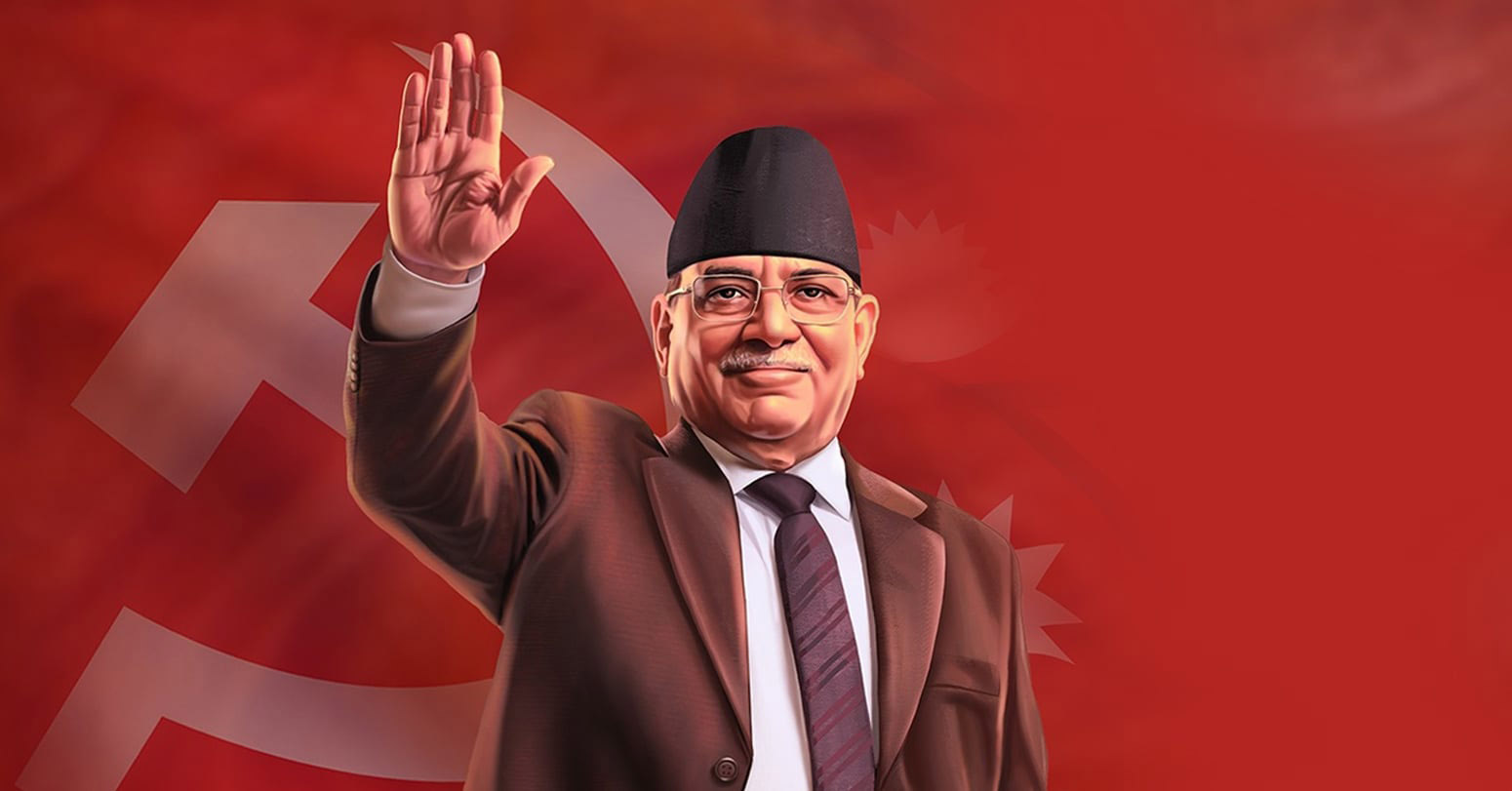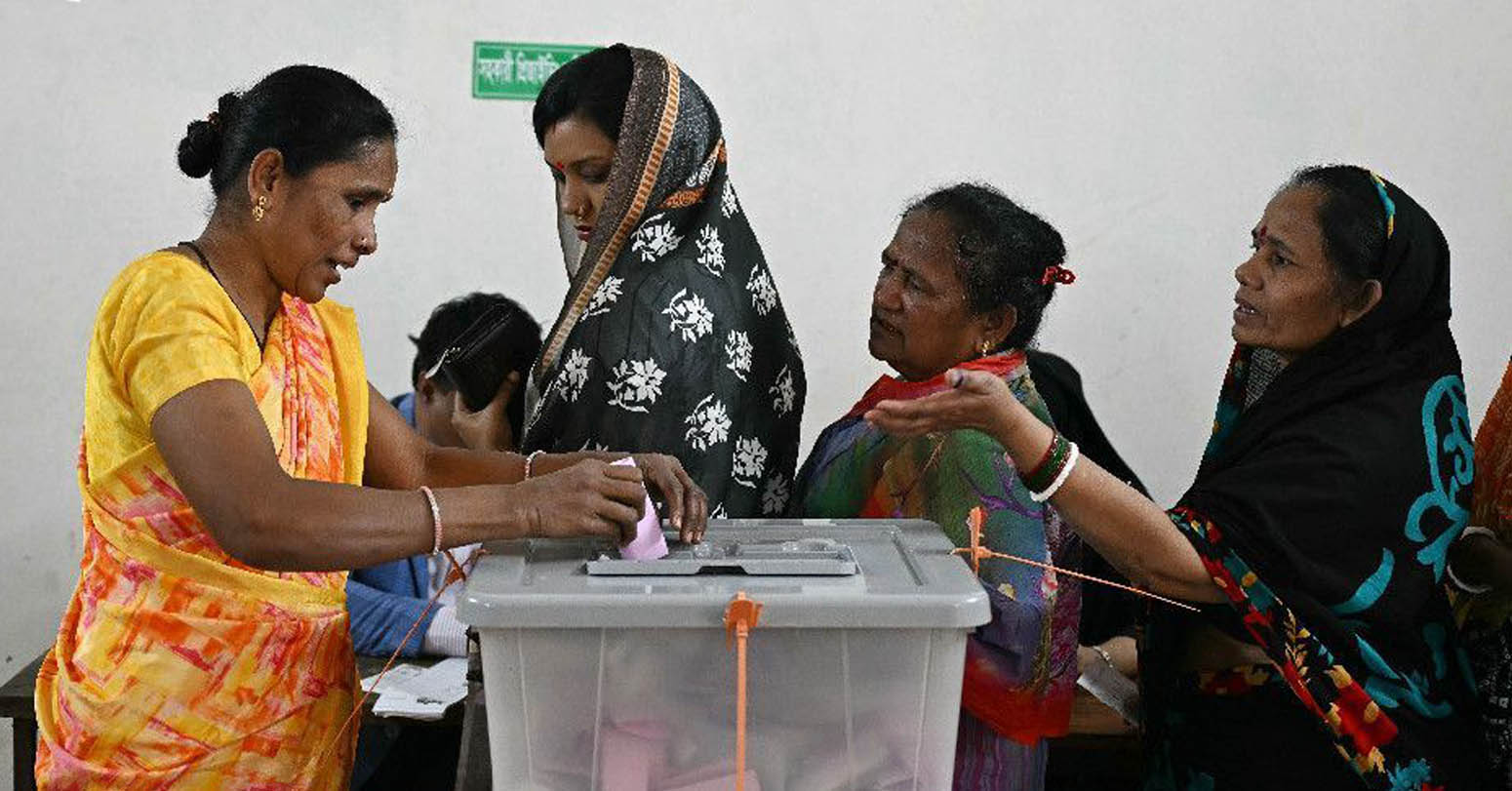Women's engagement in the government service remained minimal even during the Panchayat period. Women's participation was limited not just in the public service, but also in other sectors. The names of only a few women who rose through the ranks were recorded in general knowledge books. Some authors have even written books on such females in Nepal. The first woman to serve in any area, as well as the army, police, and civil service, has been explored and published. Women's engagement and involvement have recently expanded in all fields. There are several reasons, the first being public awareness. The ancient assumption that daughters should not be educated is out of date. The motivation to educate girls has increasingly grown.
Gender disparities are natural. There is no difference in IQ based on natural physical anatomy. Women can reach the same degree of intelligence as males. Women's opportunities have recently expanded. Women are no longer restricted to the kitchen, thanks to a shift in social attitudes. Some families do not discriminate between daughters and daughters-in-law. The belief that only the daughter-in-law should handle housework is diminishing. Also, the assumption that women were only housewives has vanished.
Daughters-in-law are no longer criticized in today's society whether they choose to work, start a business, run for office, dance, sing, or act in films. These jobs have evolved into a profession or business. Previously, women were hesitant to participate in these activities. Nepalese culture used to look down on such behaviors, but with the passage of time, opinions are changing. During the Rana dictatorship, no women were allowed to run for public office, however following the 2007 B.S. reshuffle, Dwarikadevi Thakurani was appointed deputy minister in BP Koirala's cabinet.
During the Panchayat era, only a small number of women became MPs, ministers, or held high civil service positions. In the civil services, women had to compete with their own strength. They had both name and acclaim. Constitution of 2047 B.S., ensured some limited reservation for women, however such reservation was exclusive to the political field. Any political party required to have a specific number of females while choosing their candidates for elections. Because of the assurances given in the armed rebellion, the reservation provided in the current constitution has permitted signifacnt number of ladies to be involved in the civil service and in various other fields, correspondingly as men.
The reference here is to ladies. It has discussed not only women, but women of tribal groups, Dalits, Terai occupants, Muslims, marginalized groups, and so forth have gotten reservations, and their entrance and contribution have been in different fields. It is a beneficial outcome that the classes who who were deprived get an opportunity. The current constitution has a reasonable system. However, the requirements and demands of time will determine if the system is good or bad. Maybe it were the commitment of the ideological groups to give reservations to different minorities. because numerous promises were made to them to get them involved in rebellion during various movements. Some people believe that the reservations were arranged to keep the promise.
There is an enormous mass who believe that the present manpower chosen through reservation couldn't measure up to the previous manpower who succeeded through open contest. Reservations have been opposed by some political parties since the beginning. It has to be seen whether this arrangement is actually faulty, where people who have secured well will not get the opportunity but the people from reserved category who passed with low grades will get the opportunity. While drafting the constitution, the parties in power presented this arrangement as a temporary solution to the uplift underprivileged. But for how long? It has not been determined. The public authority can't eliminate such a framework, regardless of whether it needs to. They might have to face rebellion once more if the arrangement is removed.
It is commendable that the backward classes can move forward from the reservation provided by the constitution and regulations. The increasing involvement of women in the civil service and the relatively large number of women reaching higher positions are positive aspects. What is certain is that when the deprived class reaches the opportunity, more decent and restrained behavior is expected from them, and that is what they have to demonstrate.









Middle-aged man spends millions to
Dr. Dharam Raj Upadhyay: Man
Children, Greatest Victims Of Sudan’s
Breathing The Unbreathable Air
Comprehensive Data Protection Law Critically
Gender Differences In Mental Healthcare